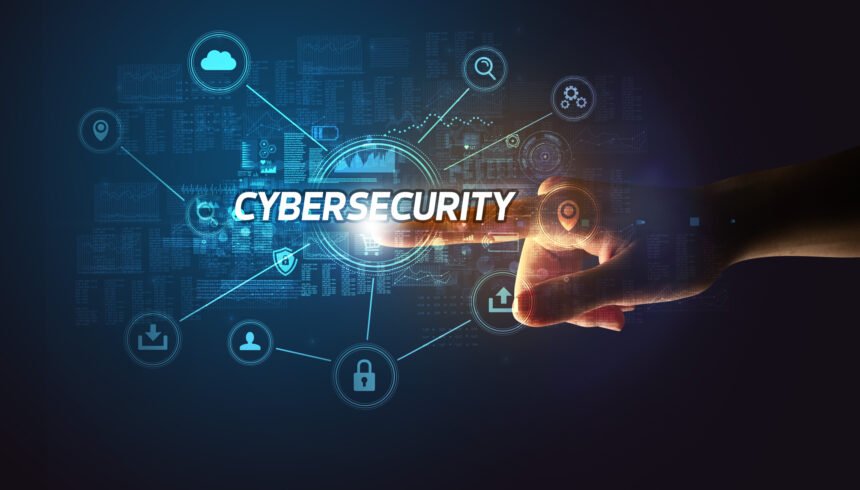As the Internet of Things becomes increasingly instrumental in the workplace, company and consumer data risk grow. It’s no secret that hackers have discovered and implemented complex methods to access crucial data from businesses of all sizes across all industries, including the federal government. The rising threat and vulnerabilities have ultimately prompted state and federal officials to enact cybersecurity regulations to strengthen data protection nationwide.
Depending on your company’s location, industry, and function, cybersecurity regulatory compliance is a must. Failure to follow the rules could result in substantial fines and legal trouble.
What Is Cybersecurity Regulatory Compliance?
Cybersecurity regulatory compliance is adherence to government laws, ordinances, and guidelines to protect data, maintain confidentiality, ensure integrity, and simplify accessibility. It often requires implementing multiple organizational strategies to safeguard company and consumer data. Below is a look at some of the most substantial cybersecurity regulations.
HIPAA – The Health Insurance Portability and Accountability Act (enacted in 1996) is a series of regulations for the healthcare industry to ensure that patient data remains private and secure.
GDPR – While enacted by the European Union in 2018, the General Data Protection Regulation applies to any organization that targets European markets. The regulations are designed to give consumers more control over their data while holding entities accountable for adequately collecting, storing, and securing, sensitive data.
FERPA – The Family Education Rights and Protection Act is a federal statute that applies to educational institutions that receive funding from the government. It protects the rights of parents, students, and young adults regarding academic records.
CCPA – The California Consumer Privacy Act is a statewide statute enacted in 2020. It includes rules and regulations to ensure businesses keep consumer data private and enables consumers to reserve the right to opt out of data collection and sharing practices.
Executive Order 14028 – The government continues cultivating strategies to protect data, including Biden’s Executive Order 14028. Read more to learn how the ordinance strives to remove barriers that threaten information sharing between government agencies and the private sector.
Is Your Business Compliant?
While most business owners understand the importance of implementing cybersecurity measures in the workplace, many are unaware of industry or location-based regulations that may apply to their organization. Consequently, they violate laws or encounter otherwise preventable cyberattacks. If you’re unsure if your business complies with cybersecurity regulations, consider this advice below.
Get Educated
The first step is determining which laws apply to your organization. You can conduct an internet search for rules based on your industry or business location. However, acquiring, analyzing, and deciphering the technical and legal jargon is time-consuming and complicated.
Another option is to consult a cybersecurity professional to complete an audit to identify areas of concern. A cybersecurity auditor can also provide training, system, and software recommendations to enhance compliance and data protection.
Implement Policies And Procedures
End-user vulnerability is an aspect of cybersecurity that businesses often overlook. However, human error can account for many of the data breaches and cyberattacks we read about today. All it takes is for a team member to open a phishing email, download a malicious program, or conduct business on an unsecured device to cause an issue.
Ensuring your company complies with cybersecurity regulations means establishing strict policies and procedures for team members. It enhances awareness, reduces risks, and, most importantly, safeguards crucial information.
Choose Hardware and Software Wisely
Utilizing the internet of things (IoT) devices in the workplace is common practice; however, not all hardware and software are created equally. When selecting systems, databases, applications, and other technologies to conduct business, opting for industry-specific cybersecurity-compliant resources is ideal.
An IoT specialist can be instrumental in helping to mitigate risks, expose vulnerabilities, and make improvements to ensure your organization’s devices and systems are secure.
Diversified Training
Implementing policies and procedures or supplying cybersecurity-compliant devices and systems for your team is not enough. Reducing human error risks and adhering to state and local regulations requires effective and comprehensive training.
Develop a training strategy that adequately educates your team on company cybersecurity compliance measures. Utilize resources ranging from printed materials and handbooks to eLearning modules and simulations to accommodate diverse learning styles and improve retention. Training should be conducted during the onboarding phase, throughout a team member’s career, and any time new regulations, technologies, or threats are introduced.
It’s amazing how something so convenient can also come with substantial risks. While modernized platforms and technological resources enable businesses to streamline processes, reduce operational costs, enhance productivity, and personalize customer experiences, it creates an environment for hackers to access sensitive information. As such, cybersecurity regulations help ensure organizations take every precaution to keep data safe.

